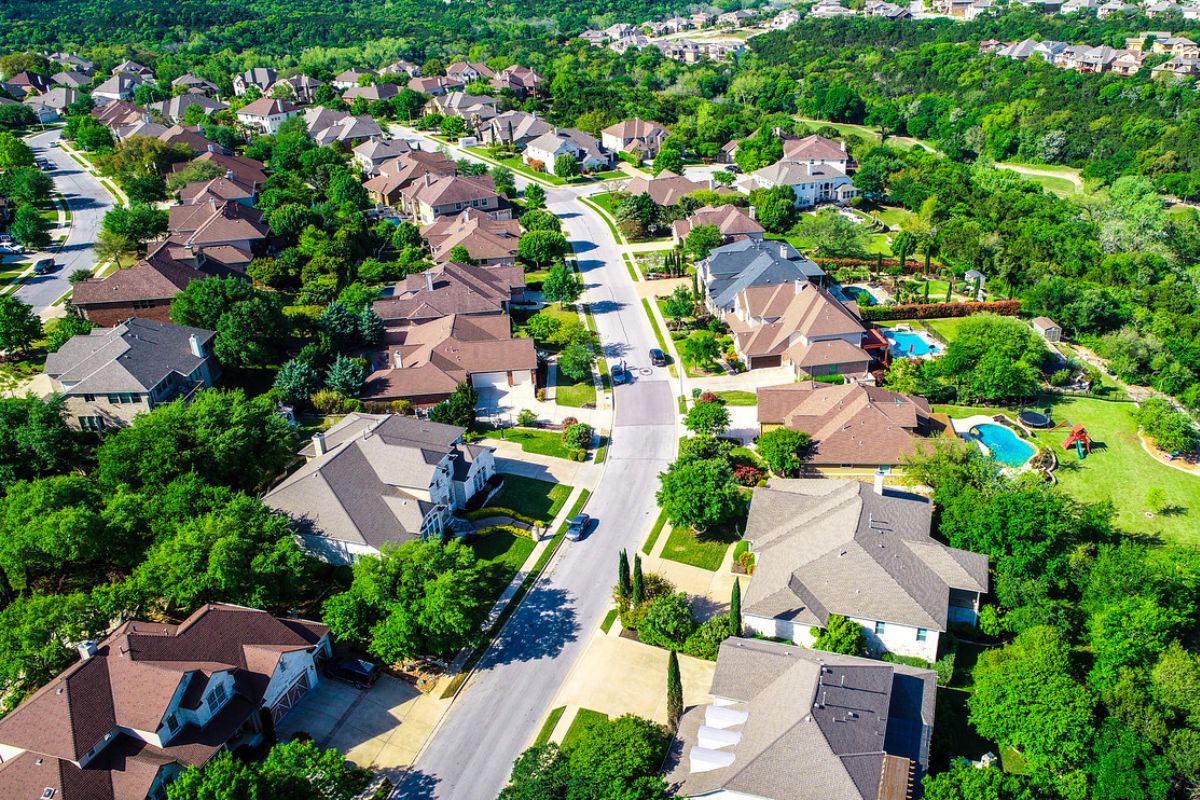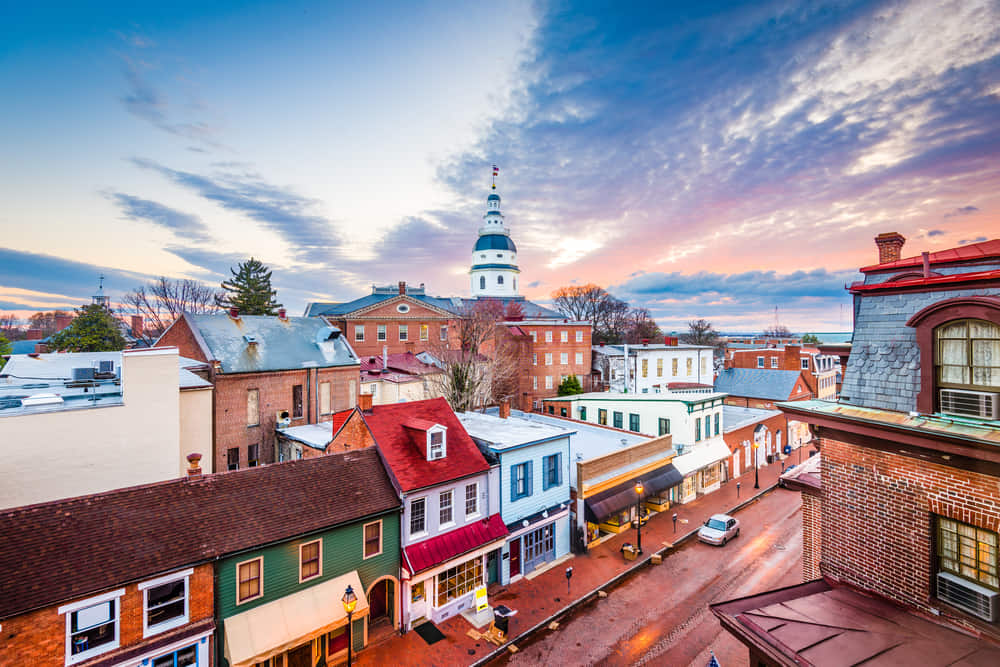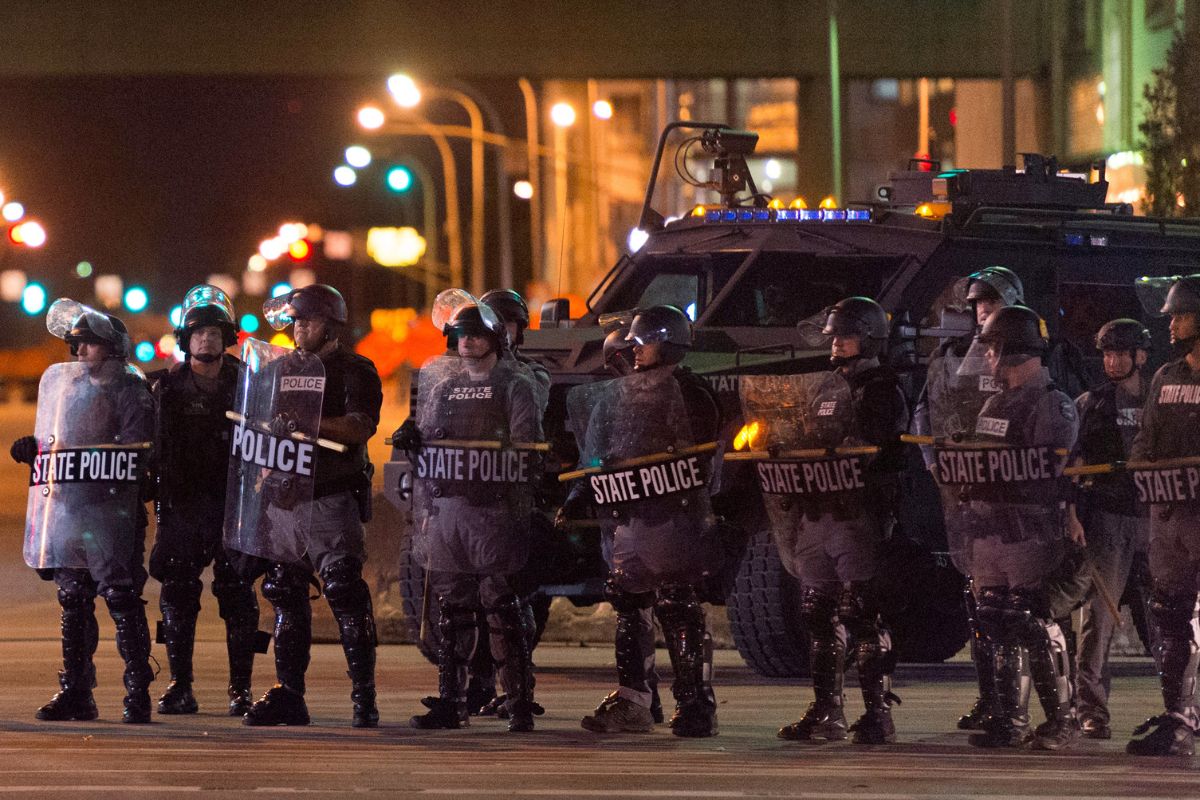Nashville, Tennessee is known worldwide for its rich musical heritage and Southern charm. However, beneath its lively exterior, Nashville faces serious safety issues that contribute to its reputation as a dangerous city.
In this article, we will examine the top reasons why Nashville is so dangerous.
Why is Nashville so Dangerous?
Nashville suffers from high rates of violent and property crime that exceed national averages, directly threatening public safety.
In 2021, the city had over 80 homicides as well as increased incidents of assault, robbery, and other violent offenses. The severity of Nashville's crime problem, especially its violent crimes, casts a shadow over the city's reputation and quality of life.
When serious crimes are more common, it creates an unstable environment where residents and visitors do not feel secure. High crime rates are the most concerning factor contributing to why Nashville is considered a dangerous city.
Related: Top 8 Best Nashville Suburbs For Families
Why does Nashville have high crime rates?

Several interrelated issues drive Nashville's high crime rates. Economic inequality is widespread, with a large low-income population in poverty or near-poverty often turning to crime out of desperation. Growing homelessness, driven by lack of affordable housing and jobs, has also coincided with increases in petty crime.
Furthermore, inadequate public transportation has led to more car-centric traffic, increasing accidents as well as opportunities for property theft. Insufficient law enforcement resources have been unable to keep pace with the booming population, response times are lengthening, and some areas feel less protected.
All of these socioeconomic factors fostering crime are why Nashville's high crime rates persist.
How do gangs impact safety?
Gang activity is another layer adding complexity to safety in Nashville. Estimates show over 20 active gangs operating in the city as of 2022.
Gang-related violence, including assaults, homicides and drug sales, creates dangerous pockets throughout Nashville. Areas controlled by gangs experience much higher rates of violent crime as territorial disputes turn deadly. Innocent bystanders also become victims, deterring residents and visitors.
Meanwhile, pervasive gang presence can corrupt youth and continue the cycle of lawlessness for generations. Overall, the entrenched culture of local gangs seriously undermines feelings of security.
How do drug problems relate?
Substance abuse issues, especially the opioid epidemic, are inextricably linked to Nashville's danger. Drug trafficking and associated crimes have rapidly increased across the city. Those struggling with addiction often turn to theft and dealing to finance their habits.
Furthermore, drug raids and turfs wars fought over territory spark dangerous violence. The human toll is also vast - in 2021 alone, overdose deaths in Nashville rose by over 30%.
Where substances flow freely, unstable and desperate behavior follow, seriously impacting public safety. This makes substance abuse a root cause of threats in many Nashville neighborhoods.
Does a lack of mental healthcare contribute?
Yes, Nashville suffers from a lack of adequate mental health resources, exacerbating safety problems. An estimated 20,000 residents have a serious mental illness yet go untreated each year. When mental health issues are not addressed, minor issues can escalate into homelessness, drug use, or violence that endangers others.
In 2021, 1 in 4 jail bookings in Nashville were of those with a known mental illness. Limited services also mean many in crisis only receive help after committing a crime.
A scarcity of preventative mental healthcare allows instability to fester in dangerous ways. This inadequate system puts both individuals and communities at risk.
How do transportation flaws impact safety?
As Nashville grows at a rapid pace, its infrastructure has struggled to keep up, especially public transit. Over-reliance on automobiles has led to traffic mayhem, with tens of thousands of accidents reported annually. Insufficient sidewalks and buses also force many to walk in unsafe conditions vulnerable to crime.
Traffic deaths are also rising as roads become more congested. These transportation flaws create avoidable risks on the roads as well as forced isolation that leaves some neighborhoods more open to unlawful behavior. Overall, Nashville's transit shortcomings enable accidents, property theft, and unhealthy living patterns that diminish security.
Does lax gun control play a role?
Tennessee has very permissive firearms laws compared to other states, and this leniency is reflected in high rates of gun violence in Nashville. It is all too easy to legally purchase lethal weapons, which are then diverted into unlawful hands. Domestic disputes too often turn deadly when guns are present, and impulsive decisions lead to tragic outcomes.
In 2021, over 60% of Nashville homicides were gun deaths. Pervasive gun ownership fuels incidents that could otherwise result in injuries instead of loss of life. Lax regulation of weapons directly feeds into Nashville's heightened danger.
Conclusion
Nashville faces serious, multilayered issues from economic stress to gangs, drugs and mental health that align to form a dangerously complex environment. However, with coordinated efforts from leaders prioritizing supportive services, responsible policies shown to reduce crime, and community investment in at-risk neighborhoods, positive change is achievable. By addressing root problems compassionately and holistically, Nashville can become a safer, more just place for all to call home.



![Is Akron Ohio safe? [2023 Updated]](https://www.allinfohome.com/storage/photos/63f329cf87bfe39c38006c42/Is_Akron__Ohio_safe.jpg)

